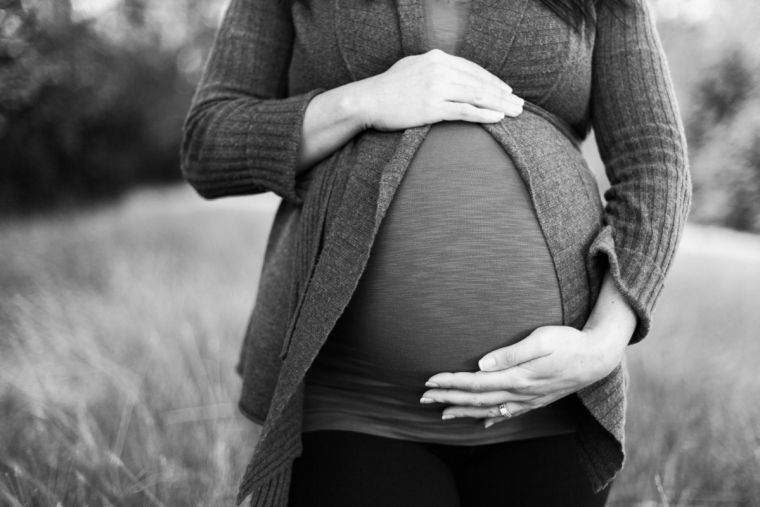Doctor investigated after providing abortion reversal treatment

A doctor is being investigated after providing women with emergency life-saving abortion reversal treatment during the pandemic.
Dr Dermot Kearney has been ordered by the Medical Practitioners Tribunal Service to stop providing the treatment for up to 18 months while he is investigated.
In an abortion, women take two pills, the first being Mifepristone, which usually kills the baby. The second, misoprostol, expels the embryo from the uterus.
Abortion rules were changed after the start of the pandemic to allow DIY home abortions, meaning women could take both abortion pills at home after an e-consultation with a doctor.
Women who regret taking Mifepristone and want to save their pregnancies can take the natural hormone progesterone to reverse the effects.
Evidence suggests that the success rate of progesterone is up to 68% if done within the first 72 hours after taking Mifepristone.
A number of women have been able to successfully reverse their abortion in the last year thanks to Dr Kearney's help.
One of them was Laura, who fell pregnant last summer. She used the pills-by-post service because she was not in a stable relationship and was worried about finances.
But as soon as she took the first pill, she immediately regretted it.
"I immediately broke down in tears and felt so much guilt," she said.
"I tried to make myself sick to bring it back up. I was vomiting blood through cutting my throat with my fingers as I was desperate to make myself sick, but I could not do it properly.
"I did not realise how much I would regret taking the pill until I had done it, and it was a horrifying moment I will never forget."
In a moment of desperation, she turned to Google.
"No one had ever told me that an abortion could be reversed, and the only organisation I found was in America. I made contact and within an hour, I was put in contact with Dr Dermot Kearney," she said.
He was able to put Laura in touch with her local pharmacy and within an hour she had a prescription for progesterone.
Although she was aware it might not work, she describes feeling instant "relief".
"I felt I had to do everything I could because I could not have lived with the guilt of taking the tablet and continuing the abortion," she said.
"It would have broken me mentally and I would never have forgiven myself. I dread to think of the mental place I would be in now knowing my baby would have been due."
She has since given birth to a healthy baby boy.
"Dr Dermot Kearney provided me with a life-saving service for not only my baby but myself. He also provided telephone care throughout," she said.
"I was able to ask many questions about the prescription and seek any advice when needed. Dr Kearney monitored my health throughout the weeks of treatment and even after.
"He really cared about my situation and made me feel like I had support if I needed."
She added, "I do not believe Dr Dermot Kearney should be punished for providing me with a service I so desperately needed and will be eternally grateful for.
"It is because of his help that I can look back on the moment I took that pill without having to live with pain and regret for the decision I took, as I now have my beautiful baby boy."
Dr Kearney, a former president of the Catholic Medical Association (UK), is being supported by the Christian Legal Centre (CLC) as he considers a legal challenge to the decision of the tribunal.
Andrea Williams, CLC chief executive, is calling on the NHS and Royal College of Obstetricians and Gynaecologists to recognise this form of life-saving treatment.
"There is something very wrong going on when a medical doctor is prohibited from saving babies' lives at a time when we are told we must do everything to save lives in response to coronavirus," she said.
"These women were urgently seeking help after abortion providers closed the door and said there was no hope and no way back after taking the first pill."











